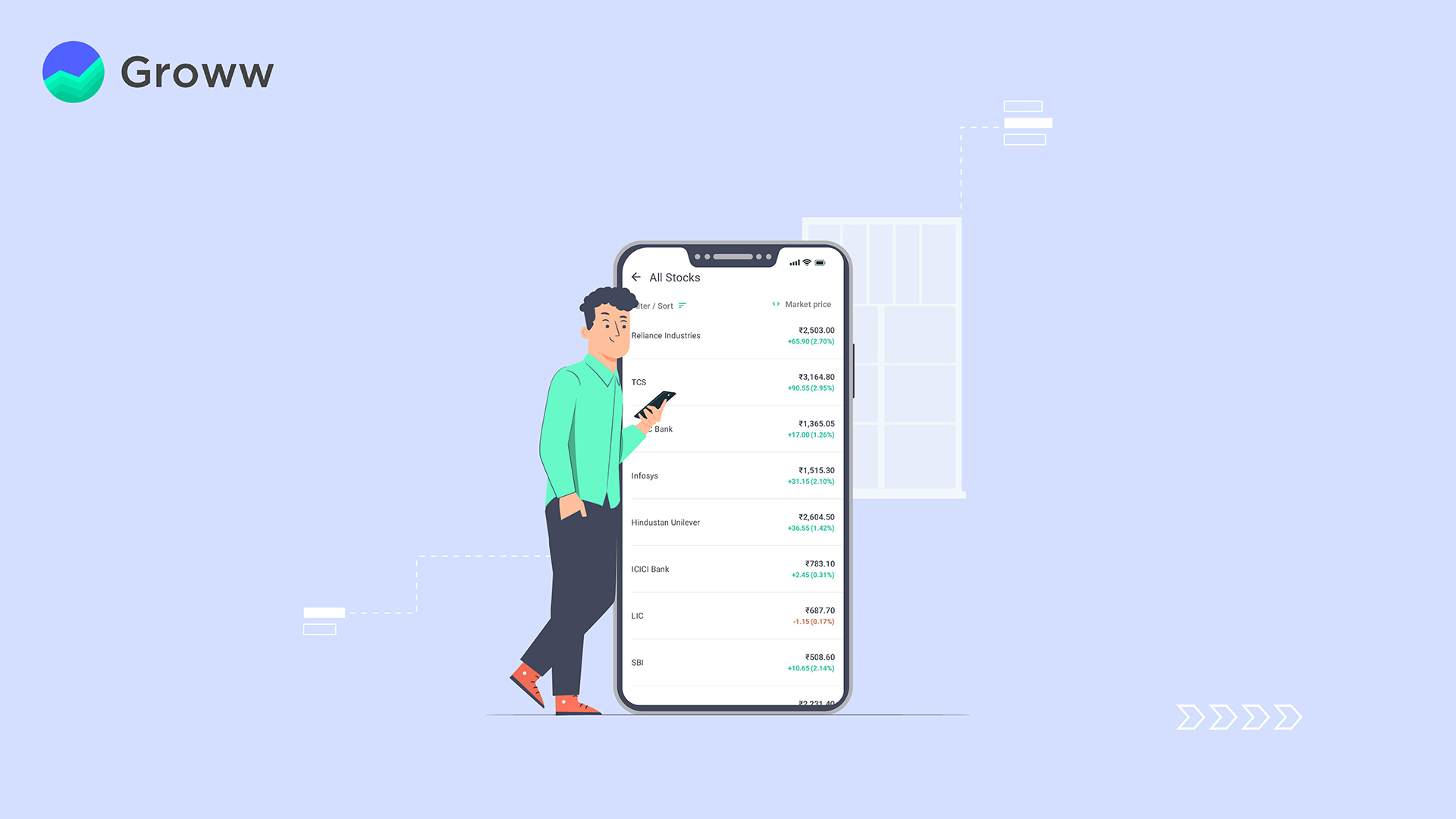Trading in financial markets offers a tantalizing opportunity to multiply one’s wealth. However, the choice between future trading and options trading can be a daunting one, especially for novice investors. Both instruments provide their own distinct advantages and complexities.

Image: groww.in
Future Trading: Hedging Risk, Unlocking Precision
Futures contracts are agreements to buy or sell an underlying asset at a predetermined price on a specific future date. They serve as a potent tool for risk management, allowing traders to hedge against price fluctuations and lock in desired prices for commodities, currencies, or indices.
Advantages:
-
Precise Pricing: Futures contracts specify the exact price and quantity of the asset involved, offering traders a remarkable degree of precision in their trades.
-
Hedging: Futures are primarily employed for hedging purposes, providing traders with the ability to mitigate potential losses if the underlying asset’s price moves against their expectations.
-
High Leverage: Futures may be traded with significant leverage, enabling investors to control a larger amount of capital with a smaller initial investment.
Options Trading: Boundless Potential, Calculated Risk
Options are contracts that grant the right, but not the obligation, to buy (call option) or sell (put option) an underlying asset at a specific price (strike price) on or before a certain date (expiration date). They offer traders with an array of opportunities and strategies.
Advantages:
-
Limited Risk: Unlike futures, options provide traders with limited risk, as the maximum potential loss is capped at the premium paid.
-
Flexibility: Options allow for diverse trading strategies, from income generation to hedging and speculation.
-
Profit Potential: Options can provide significant profit potential if the underlying asset’s price moves in the anticipated direction.
Choosing the Right Option: A Matter of Tolerance and Goals
The choice between future trading and options trading depends on several factors, including an investor’s risk tolerance, investment goals, and trading experience.
For those seeking precise pricing, hedging against risk, and the ability to trade with leverage, future trading may be the preferred choice. Options trading, on the other hand, offers limited risk, flexibility, and the potential for considerable profit.
Expert Insights and Actionable Tips
-
Consult with a financial advisor: Seek professional guidance to determine which trading instrument aligns best with your financial goals and risk appetite.
-
Start small: Begin with smaller trades until you gain a deeper understanding of the nuances of both future and options trading.
-
Practice with paper trading: Utilize paper trading platforms to refine your strategies and gain practical experience without risking real funds.
Conclusion
Future trading and options trading stand as powerful tools in the hands of savvy investors. While both offer unique advantages and challenges, carefully assessing your risk tolerance, goals, and experience will help you determine the most suitable trading instrument for your financial journey. Embrace the possibilities, mitigate the risks, and unleash the transformative potential of these sophisticated financial instruments.
Image: www.quora.com
Future Trading Vs Options Trading






